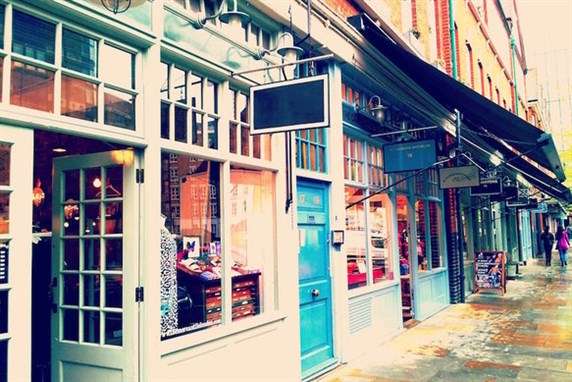Credit: Aston University
The slump retailers experienced in footfall during the opening weekend of the New Year is due to a failure to create an inspirational customer experience and a poor allocation of staff resources, according to a leading retail expert at Aston University.
Professor Heiner Evanschitzky, Director of the Aston Centre for Retail Insights (ACRI) at Aston Business School, said: "It does not come as a surprise that footfall was disappointing over the holiday period. Our research shows that 78% of Brits opt for online shopping rather than going to the High Street or department stores to buy gifts. This is because they find shopping stressful and only a minority find the experience of actually visiting a shop inspiring.
"Traditional retailers are attempting to compete with the rise of online shopping platforms on price – and are missing a trick in the process. What they need to focus on is something that online providers cannot easily replicate: an inspirational shopping experience. People browsing in stores should be met with an environment that is entertaining and informative, with a focus on showcasing products in unexpected combinations or contexts. Our research shows this can improve customer satisfaction and lead to an increase in sales per customer."
According to Professor Evanschitzky, there are a number of strategies retailers can adopt to inspire the customer and combat declining footfall.
He says: "There are two key factors that come into play when you try to inspire customers. First, retailers must improve their store design, and display products by use rather than by category. Second, they should ensure sales staff spend their time interacting with customers, inspiring and advising them – not focusing on re-stocking shelves, which can be done when there are few or no customers in the store.
"Online is an important distribution channel and traditional retailers must embrace it. But it is vital they also invest in improving their stores and equipping staff to help make shopping an enjoyable experience. For instance, they can use digital technology like QR codes to make it easier for customers to purchase a product they interacted with in-store whenever and wherever is most convenient.
"There is still an important role for the physical store to play, and we can already see online retailers such as Amazon approaching this from the other side. By moving offline and creating a physical presence, they are acknowledging that physical interaction with customers is a golden opportunity to inspire them and ensure they find the right products."
Provided by Aston University




















